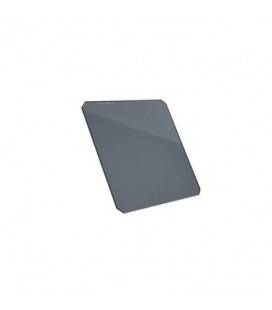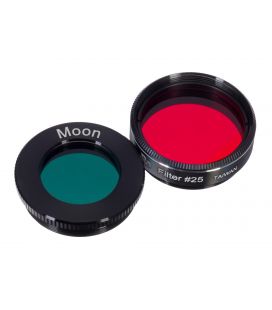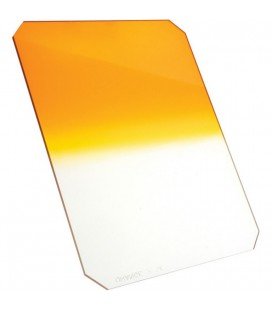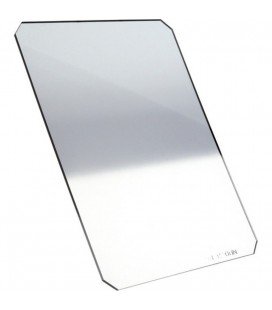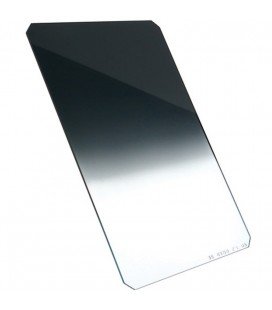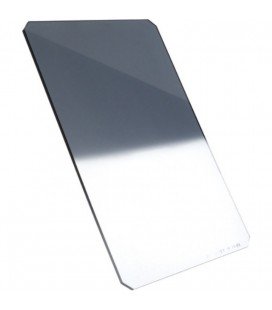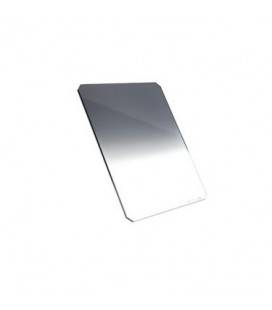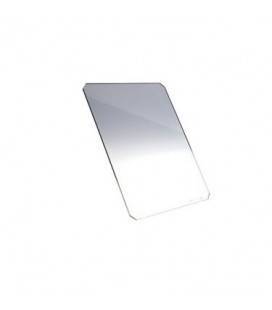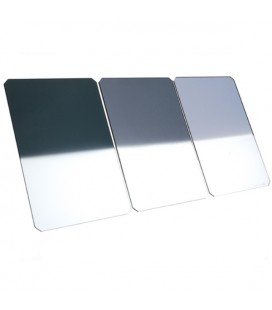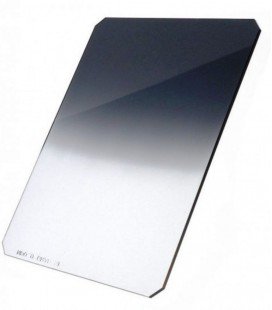Filter
Subcategories
-
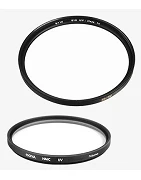
UV Protectors
-
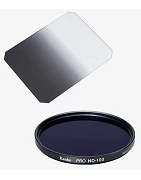
ND Density Neutral
-
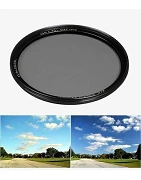
Polarizer PL
-
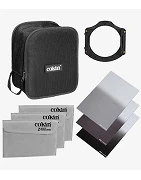
Kits
-
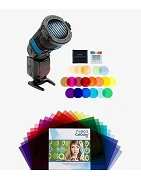
Special Effects
-
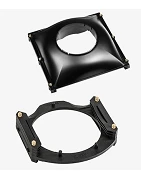
Fitness Holder/Adapter
-

Converting washer
Filters are the caps that attach to the front of your lens. If you have an SLR camera, you've probably heard of them. Whether it's to protect your camera, or to control the light in your photos, you'll find it useful to know about the different types of filters we have in our shop.
Types of SLR filters
In our filter section you will see that we have them classified in groups, we even have some filter kits. We are going to tell you what some of the types of filters we have are for.
What they are for.
UV Protective Filters, as the name suggests, serve to protect the lens glass from dirt, dust and scratches. They also prevent ultraviolet light from passing through and correct excess blue in photos. They are quite inexpensive, so we recommend that you don't avoid using them, as they pay for themselves from minute one.
Neutral Density ND filters, thanks to the chemicals they are made from, help reduce the amount of light entering the camera. If you have mastered all the programmes on your SLR and don't use the automatic setting, this type of filter is ideal for you.
Finally, we would like to introduce you to our special filters. With them, you can add effects to your photos such as gradients and colour tones in general.
All our filters are available in standard diameters or with the necessary adapters.
Frequently Asked Questions about Lens Light Filters
What are lens filters for?
There are different types of filters with different functions. UV filters reduce haze and haze but are often used for protection. Polarised filters reduce reflections and enhance some colours. Neutral density filters reduce the intensity of light without affecting colour or contrast, allowing the use of slower shutter speeds and larger apertures. Special and coloured filters are also available for more specific effects.
How to choose camera filters?
To choose a camera filter we must take into account the type of photographs we are going to take and the type of effects we want to obtain. If for example we want to eliminate reflections from a surface we can use a polarised filter, if on the other hand we want to protect our lens we should opt for an ultraviolet filter. It is important to make an investment according to the level of our camera. Using low quality filters can affect the sharpness and quality of our photographs.
We recommend that you get as much information as possible before buying a filter and that you consult our experts at Duke Photography if you have any doubts.
How to clean the camera filters?
As with cleaning lenses, you can use an air bulb to blow out any dust particles on your filter. If the filter is not very dirty you can use a microfibre cloth to clean the filter, on the other hand, if the filter is very dirty we recommend using a little soapy water or isopropyl alcohol.
How to put filters on the camera?
There are different ways to attach filters to our lenses. If you have square or rectangular format filters you will have to use a filter holder. If you have a circular filter in many cases you can screw them directly onto the lens and when this is not possible you can use an adapter.

